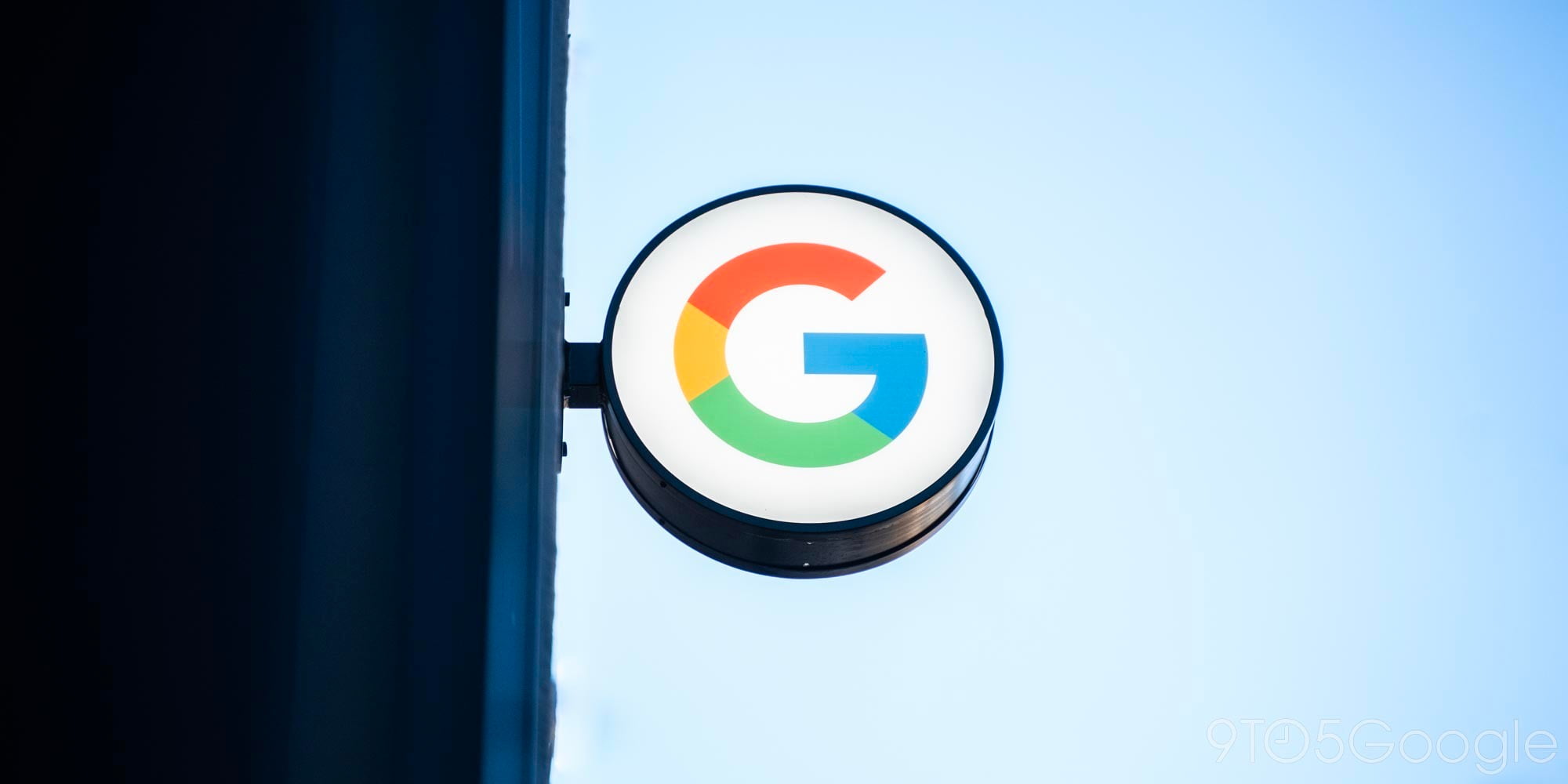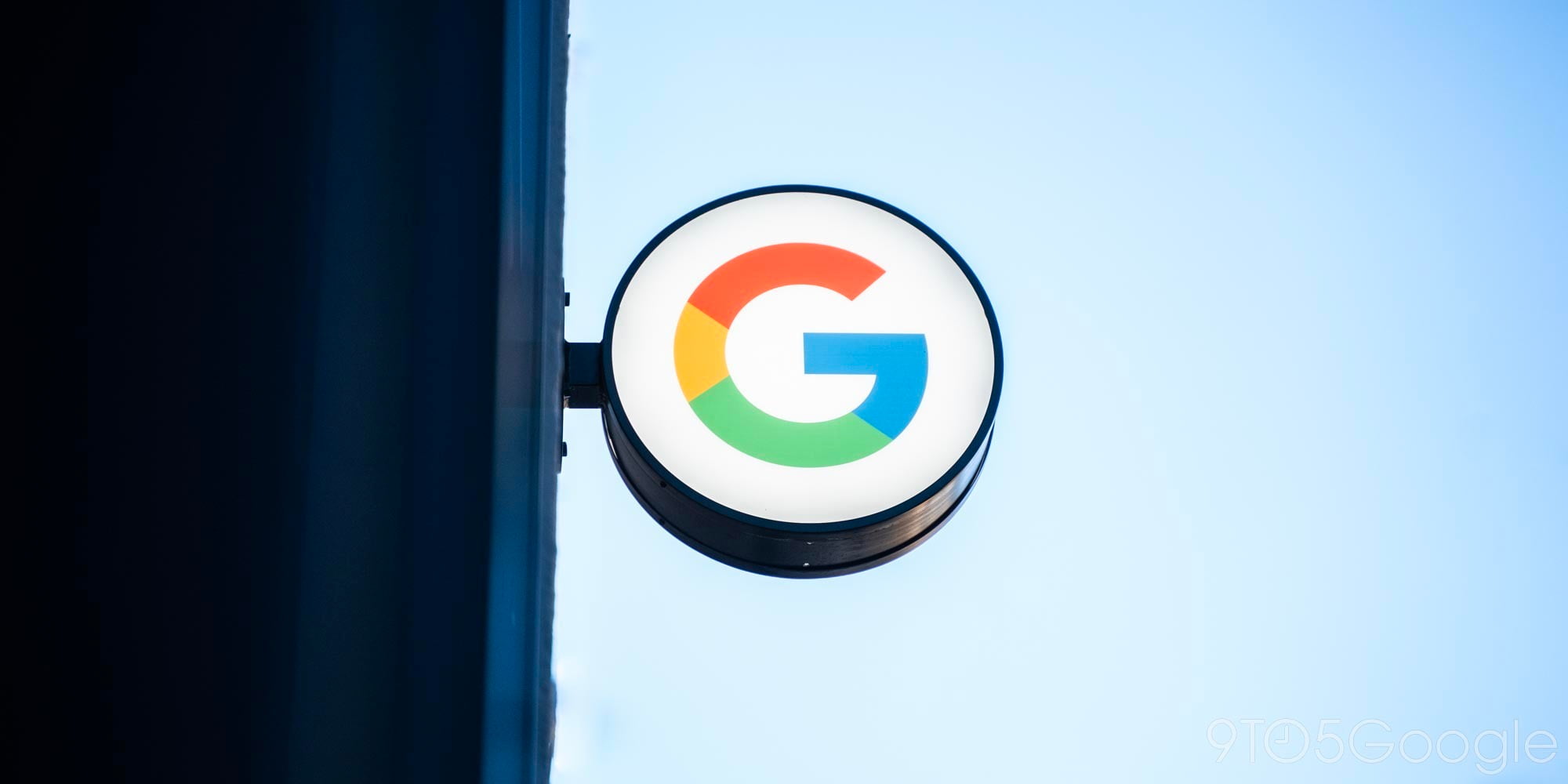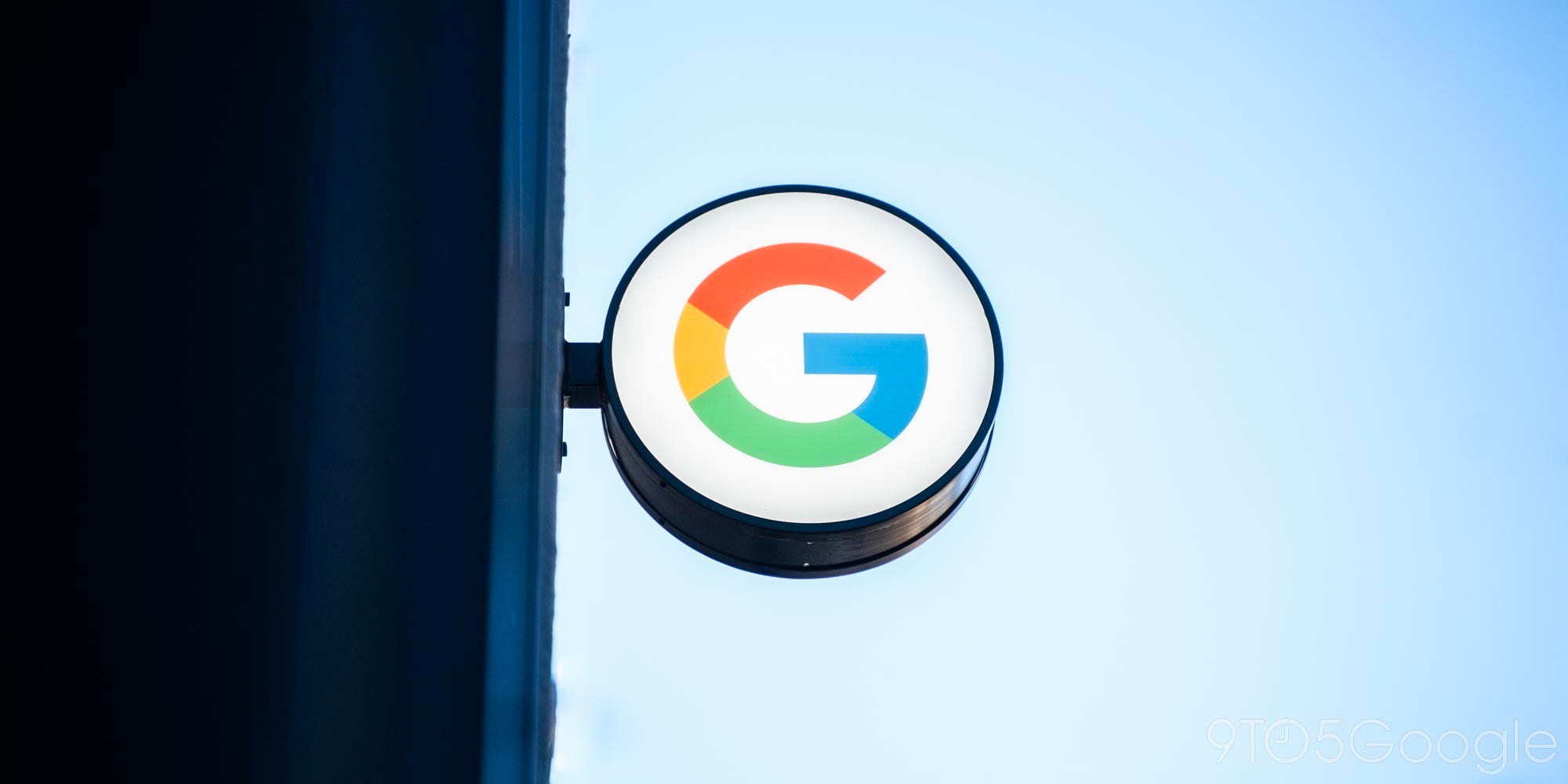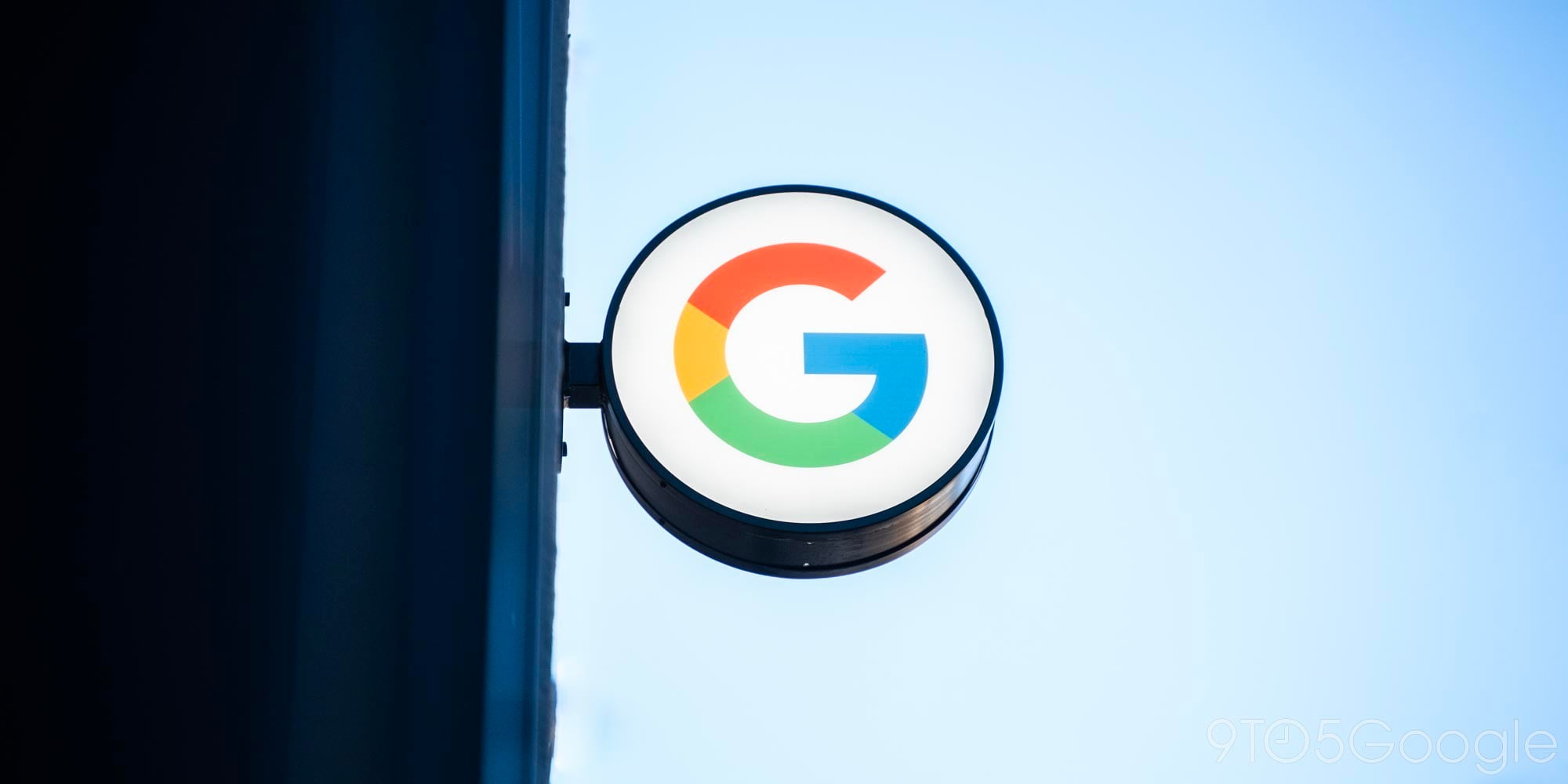
Google today introduced its new default font family for Google Play Books, tweeting to show off the new typeface and saying that it’s “perfect for long reads on all devices.”
The new typeface default was actually included in Play Books version 3.4.5, released May 6th, alongside a new card-based interface for text translation and the ability to create notes in book samples. This, however, is the first time that Google has drawn any attention to the new font which replaces Droid Serif as the default.
The company commissioned the font from Type Together, a firm focused on creating new type designs tailored for corporate use. The group often works alongside companies like Google, and here’s what the design firm said about the challenge designing for digital books:
A new book typeface was needed that would provide an outstanding reading experience on a whole range of devices and high resolution screens running different rendering technologies. Additionally, the new Play Books type is meant to establish a recognisable visual identity for Google’s native eBook App and stylistically distinguish itself from other eReader competitors.
The electronic or digital book represents one of the most important challenge designers and developers face today. The technical limitations of devices regarding rendering of type, together with their variety of physical sizes, are only two of the main obstacles eBooks have to tackle. These facts contribute to an unfair yet appropriate comparison with their analog counterpart, where typography plays a leading role. The Play Books project offered an opportunity to approach some of these problems from a new perspective.
And further, how they arrived at the style they chose:
TypeTogether’s counterpart team at Google, lead by senior UX designer Addy Lee Beavers, agreed that the desired typeface should have a more interesting and varied texture than other fonts being used in eBooks or ones generally developed for on-screen use. This could be achieved by means of slanted stress, less mechanic letter structure and varied horizontal proportions of characters. Based on these premises and on an intensive iterative process, TypeTogether arrived at a solution of hybridisation taking inspiration from both Scotch and old-style Roman types. The resulting letterforms create a pleasant organic texture that helps to deliver very good results for ease of reading and comfort.
Literata most notably has a lower x-height and higher ascenders than Droid Serif, and features two different weights and matching italics. It includes PanEuropean language support—meaning that Western, Central, and Eastern European languages are all included—as well as type for full Latin extended, Polytonic Greek, and Cyrillic.
Type Together has made more pictures of the typeface available on Flickr.






